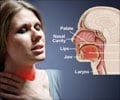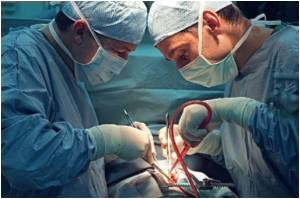In people with neurological problems, namely stroke, and head injury, electrical stimulation was found to reduce the swallowing problems, also known as neurogenic dysphagia.

‘People with neurological conditions, such as stroke and head injury, often have problems with swallowing food and drinking safely, which is called neurogenic dysphagia. ’





PHADER, the largest-ever study, was conducted to test whether electrical stimulation of the back of the throat (pharynx), using a treatment catheter, would improve swallowing in people with a recent stroke or head injury, or who had been in an intensive care unit and needed ventilation. The study was a collaborative project between experts at the Universities of Nottingham and Manchester and the University of Münster in Germany, and was funded by Phagenesis - a company dedicated to the treatment of dysphagia.
255 patients from 14 different centers in Austria, Germany, and the UK, with five different neurological conditions, were recruited for the observational study.
Once-daily for three days, the electrical stimulation was administered and the outcome was measured on the severity of the dysphagia at three months.
The findings showed that most people's swallowing problems improved, allowing feeding tubes to be removed and for patients to be discharged from the hospital.
Advertisement
Professor Philip Bath from the School of Medicine at the University of Nottingham, and co-lead investigator on the study, said: "PHADER is the largest-ever study of electrical stimulation, and our findings show that most people's swallowing problems improved after receiving the treatment, which is a potential game changer for patients with severe swallowing problems who previously were at risk of complications including pneumonia. It will also mean quicker discharge from hospital for these patients."
Advertisement
Source-Medindia











